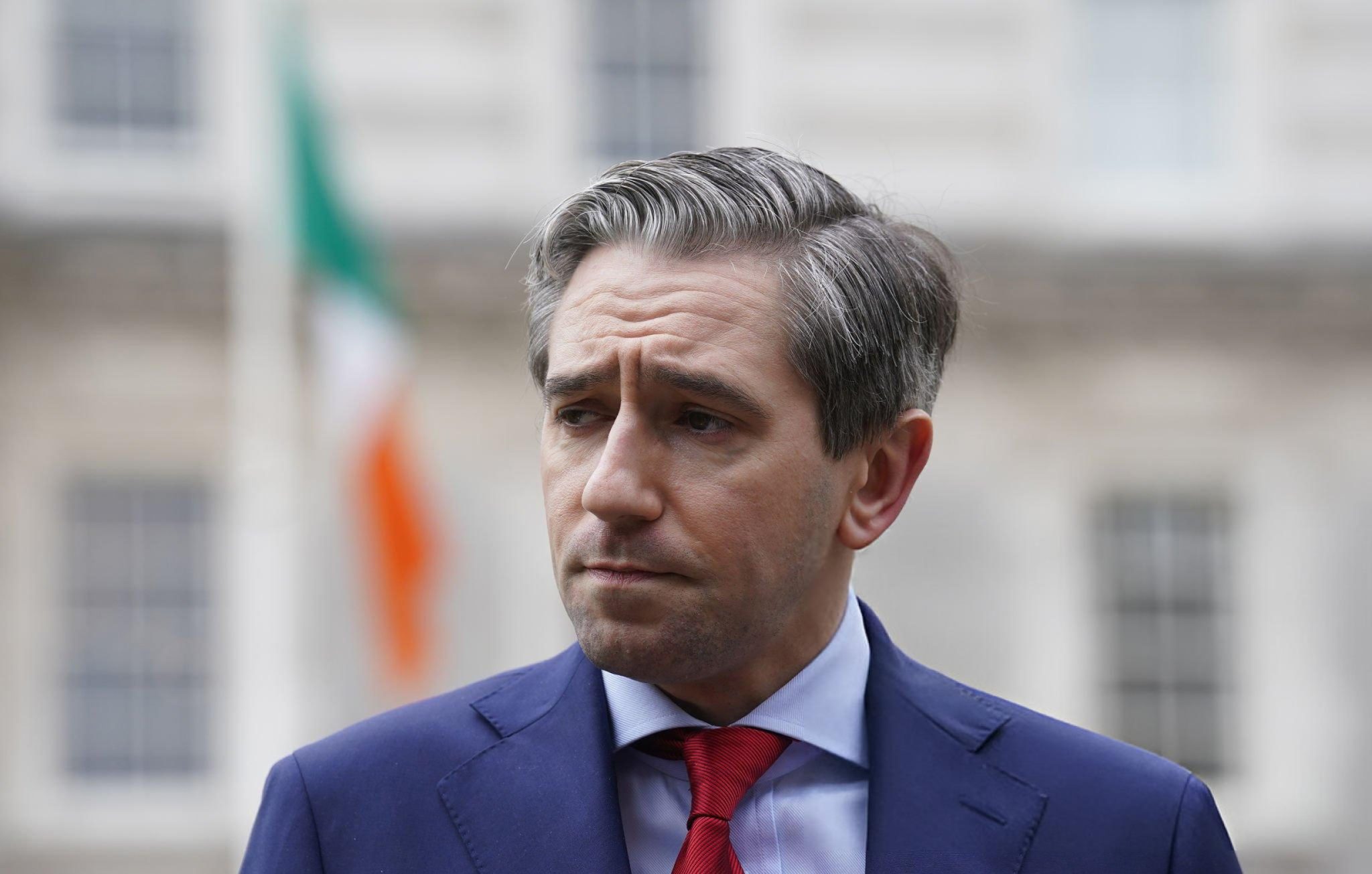Tanaiste Simon Harris admits there is a ‘real challenge’ in identifying what is being flown through Irish skies.
Ireland’s deputy prime minister and Tanaiste, Simon Harris, has said he does not believe that weapons are being flown through Irish airspace en route to Israel, but acknowledged the difficulty in definitively knowing what passes through the nation’s skies.
Speaking on RTÉ’s The Late Late Show on Friday evening, Mr Harris addressed a range of topics including his leadership of Fine Gael, Irish neutrality, the war in Gaza, and the re-emergence of Donald Trump on the world stage. But it was his comments on the possibility of arms shipments to Israel via Irish airspace that drew the most attention.
When asked directly whether weapons could be making their way to Israel via Ireland, the Tanaiste said: “I don’t believe it is.” However, he conceded that there is a significant challenge in monitoring and verifying all activity over Ireland, especially in high-altitude international airspace.
“I also have to be very conscious that when planes fly well above our skies, the ability of Ireland on its own to know exactly what goes through Irish airspace is a real challenge,” he admitted. “I do think we need to work at an international level in terms of the treaties that govern those issues.”
Mr Harris explained that flights carrying military equipment must seek explicit consent, and stated that there was no available information indicating that such consent had been granted for flights to Israel. Nevertheless, he acknowledged that further international cooperation is required to ensure greater transparency and accountability in Irish airspace.
The comments come amid heightened scrutiny of Ireland’s stance on the conflict in Gaza and concerns over any potential indirect support for military operations in the region. The Irish Government has faced growing pressure from both the public and political parties to take a firmer line in support of Palestinian rights.
Turning to the long-stalled Occupied Territories Bill — legislation that would ban trade between Ireland and illegal Israeli settlements — Mr Harris pledged renewed focus. “We’re going to have to do more on Palestine,” he said. “I meant it when I said I think we should legislate in relation to the Occupied Territories.”
“I will fulfil the commitment of the programme for government to bring forward legislation in relation to the occupied territories,” he added, confirming that he had been in discussion with officials about the bill earlier that same day.
The legislation has been delayed since before the general election, with the Government citing the need for it to be legally robust. Mr Harris echoed this, saying: “Delays have been about ensuring the legislation will stand up to legal scrutiny. We will bring forward legislation, and I’ll have a further update on what I hope is the timeline for that next week.”
Addressing the wider humanitarian crisis in Gaza, the Tanaiste did not hold back. “Children in Gaza are being starved. There are reports that basic painkillers are unavailable. It is a humanitarian catastrophe.”
He was unequivocal in his condemnation of both Hamas and the actions of the Israeli state. “Hamas is a despicable terrorist organisation. They offer the people of Palestine no future. What happened on 7 October in Israel was a disgusting terrorist attack. All the hostages must be released,” he said.
“But what is happening to the people of Gaza is despicable, disgusting, unconscionable. We’ve got to continue to do everything we can — using every lever we have in Ireland and at a European level — to help bring about a ceasefire.”
Mr Harris’s remarks reflect a growing desire within Ireland’s political establishment to balance moral clarity with practical diplomacy, all while navigating the complexities of neutrality in an increasingly polarised global conflict.






